Afro Solo UK is the result of 2 years research of the African diaspora of Greater Manchester. Each life story is an act of remembrance, a celebration and in some cases a reconciliation. They provide a legacy and are a declaration that this community will never again be overlooked.
-
Jide James Olajide Johnson
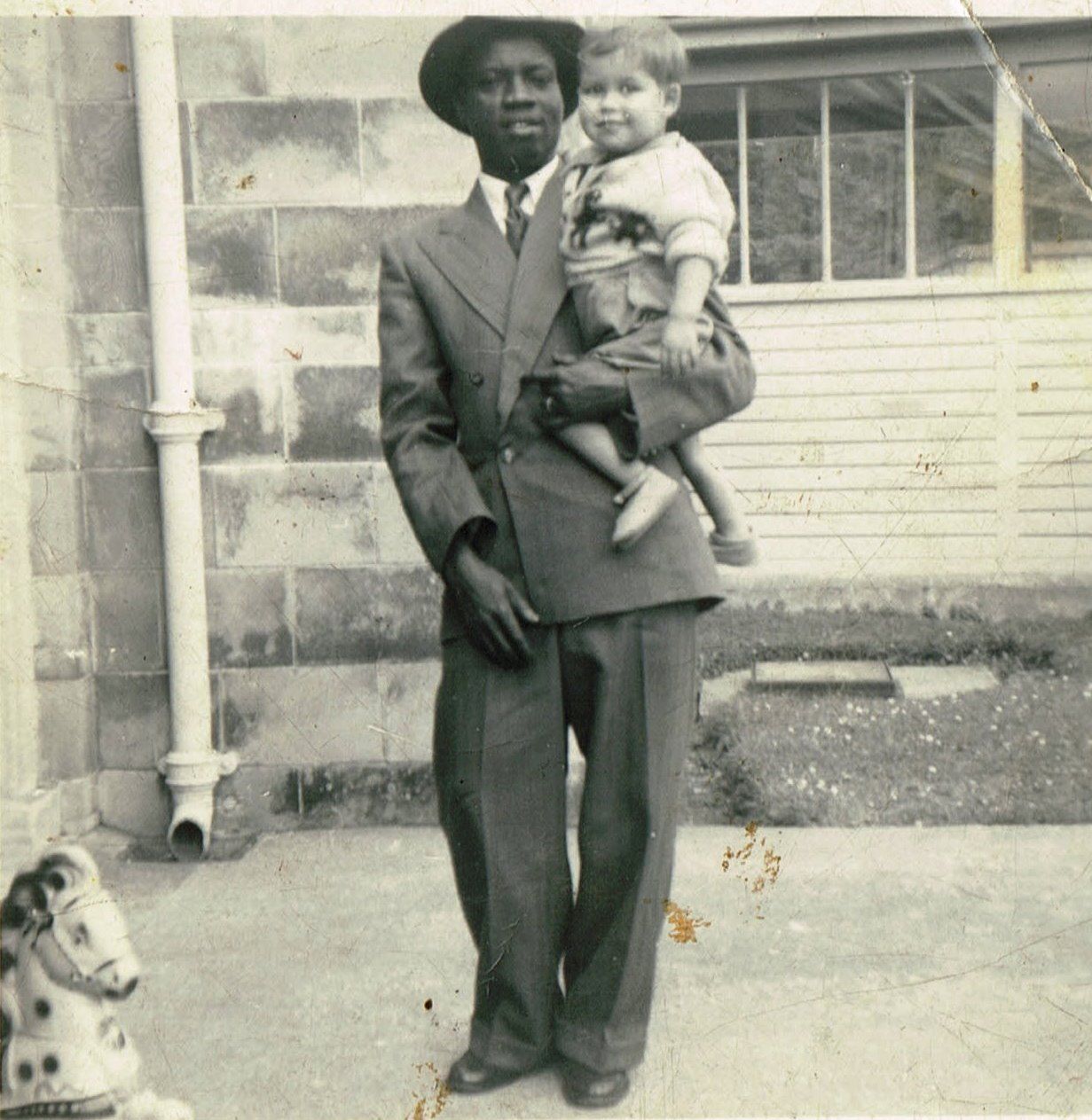 I know in many ways I was lucky because my Dad told me he loved me... he might have skirted round it and said 'we have done this because we love you.'
I know in many ways I was lucky because my Dad told me he loved me... he might have skirted round it and said 'we have done this because we love you.' -
Paul Chartey Marbell
 My dad gave 57 years to this country building a life, working and raising a family. When he died he was 84 years old.
My dad gave 57 years to this country building a life, working and raising a family. When he died he was 84 years old. -
Razach Ishola Finni
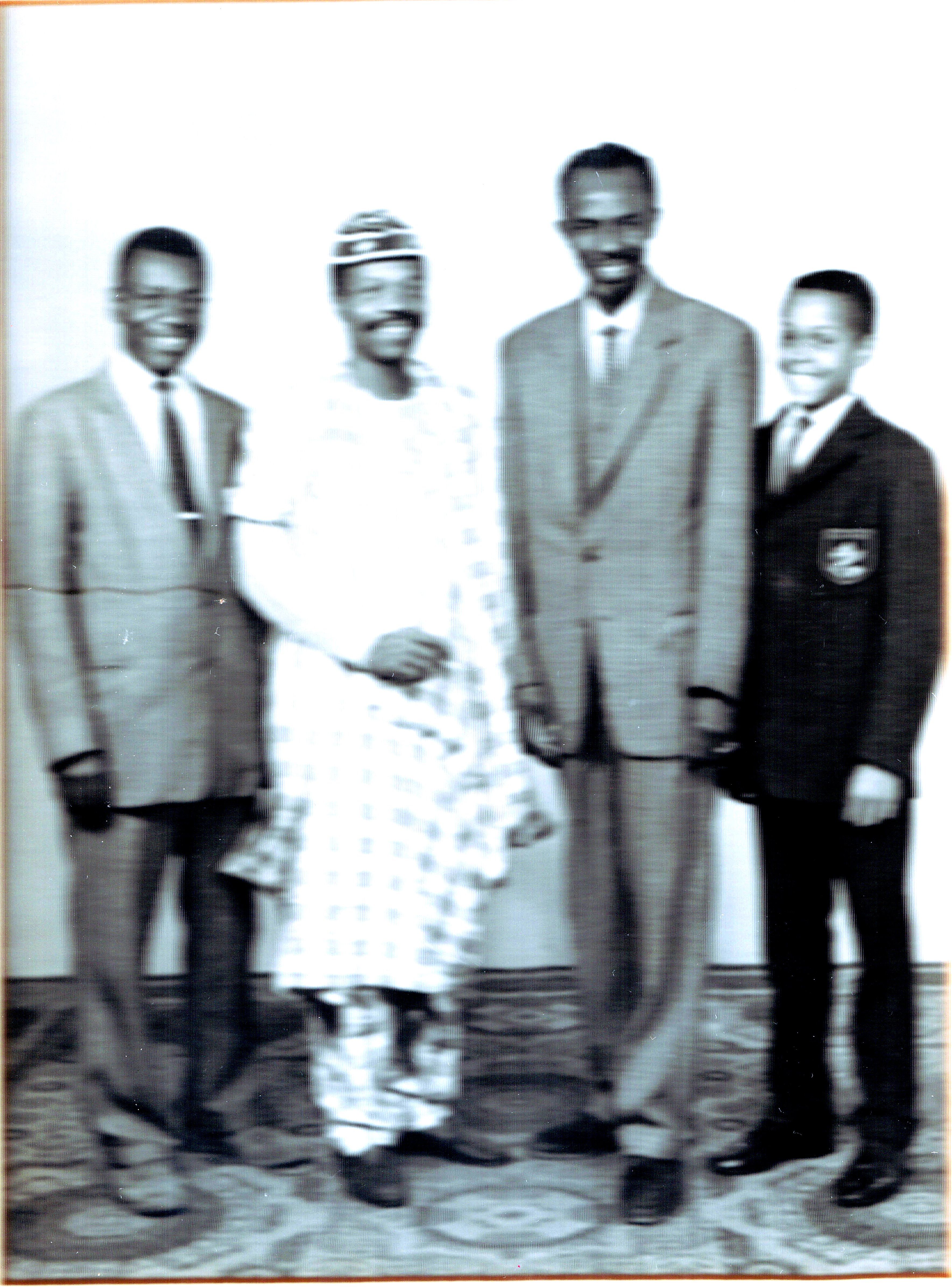 The fact is that their environment was wholly Africans. They went home to a white woman and they were the boss. So they didn't live in a mini England they lived in a mini Africa.
The fact is that their environment was wholly Africans. They went home to a white woman and they were the boss. So they didn't live in a mini England they lived in a mini Africa. -
Adam Mohammed Ali
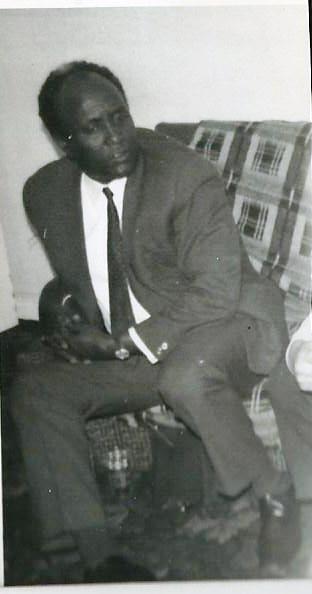 We never knew Mum and Dad not be together.
We never knew Mum and Dad not be together. -
Alfred Lawrence
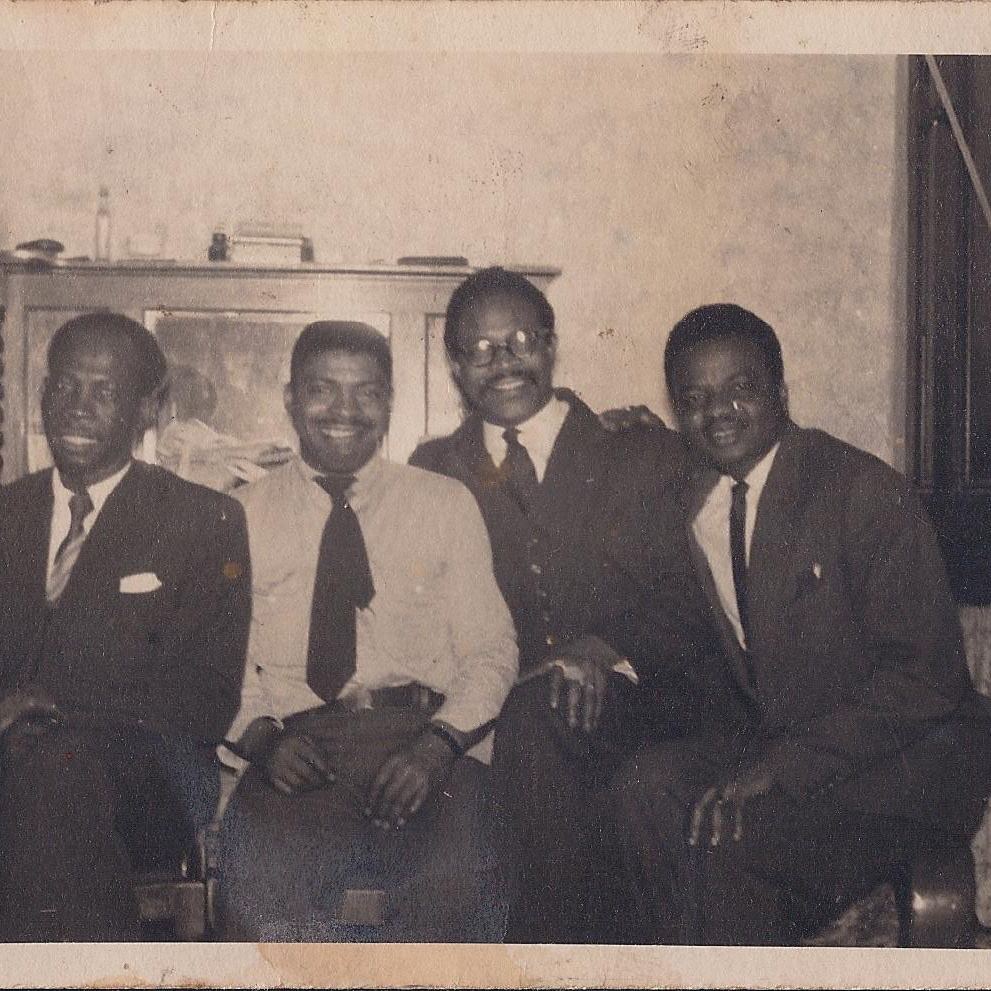 I consider myself to be Black British but when I was young I identified more as African because Dad always taught us to, 'hold our heads up high'.
I consider myself to be Black British but when I was young I identified more as African because Dad always taught us to, 'hold our heads up high'. -
Soloman Olayinka Labinjoh
 They were very conservative about how people should behave and how they should deal with things and they were horrified when people didn't behave in a certain and expected way.
They were very conservative about how people should behave and how they should deal with things and they were horrified when people didn't behave in a certain and expected way. -
John Endomini Tottoh
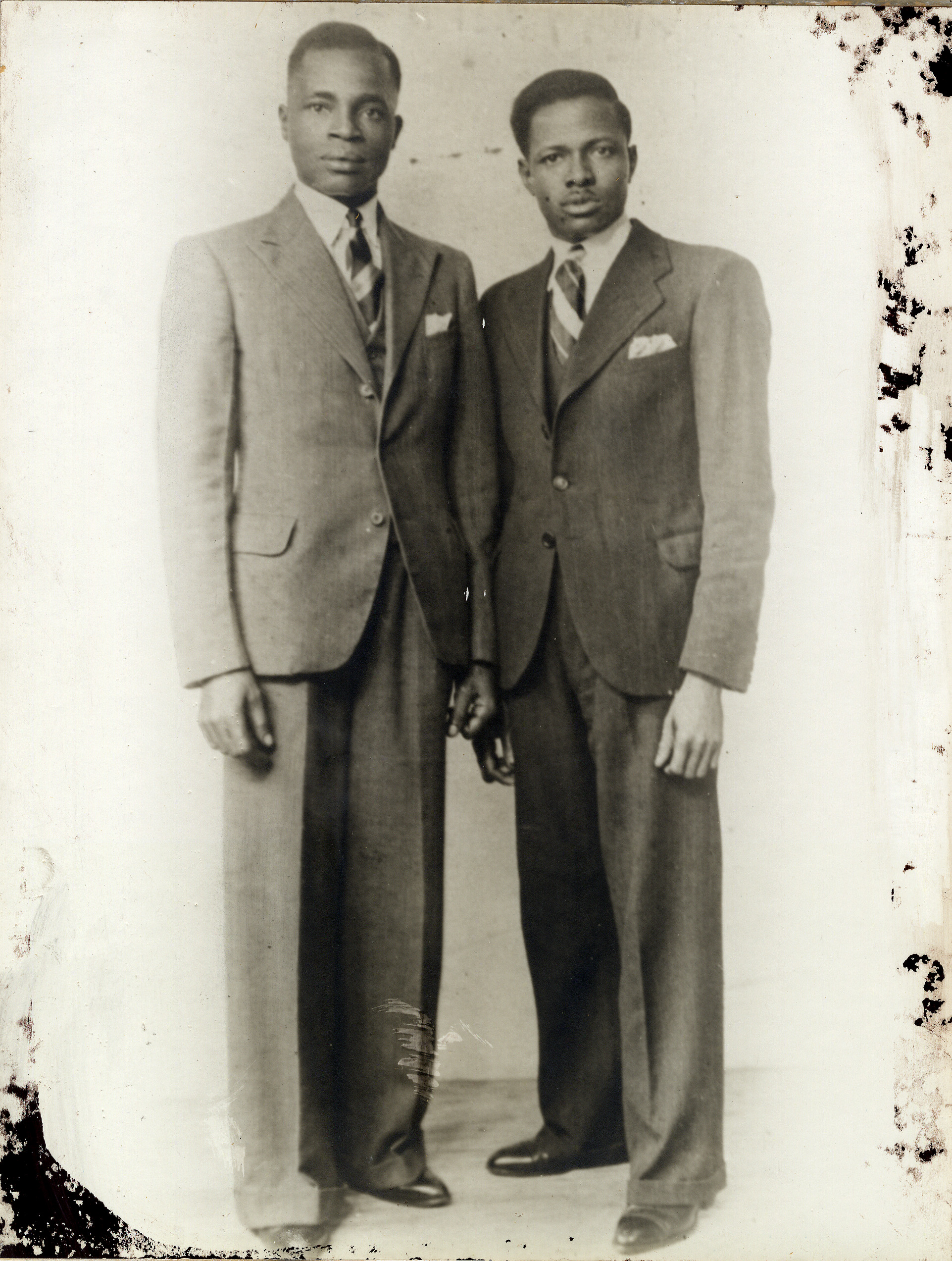 I may go sometime, this Saturday I might will the pools. If I win the pools tomorrow, before I turn around and know where I am I could be in Africa.
I may go sometime, this Saturday I might will the pools. If I win the pools tomorrow, before I turn around and know where I am I could be in Africa. -
Hawton Samuel Erizia
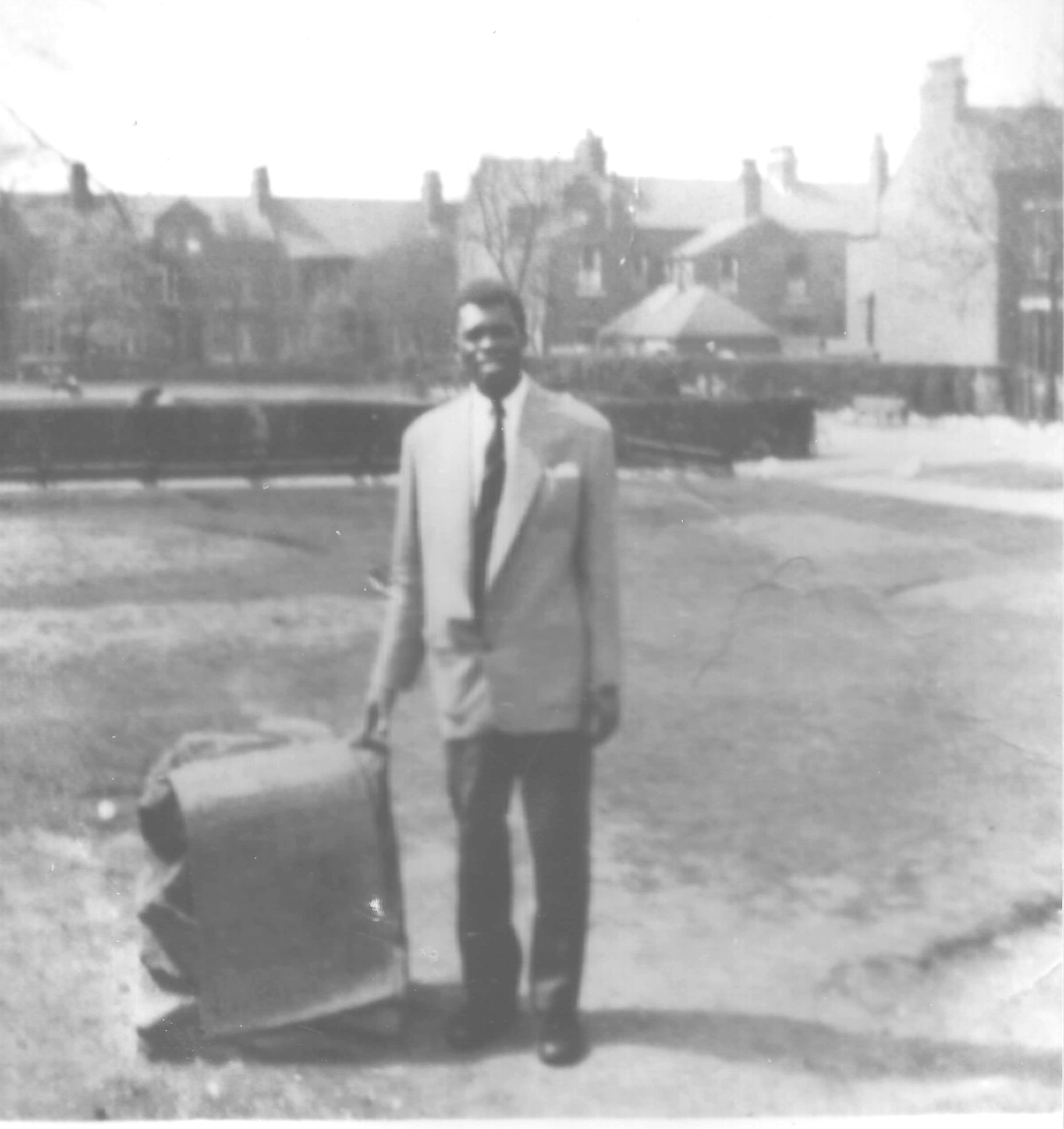 They used to say you don’t want this racial mixing because you have got to think of the children – what did they think that we would have 'horns coming out of our heads'!
They used to say you don’t want this racial mixing because you have got to think of the children – what did they think that we would have 'horns coming out of our heads'! -
Ekow Francis Quainoo
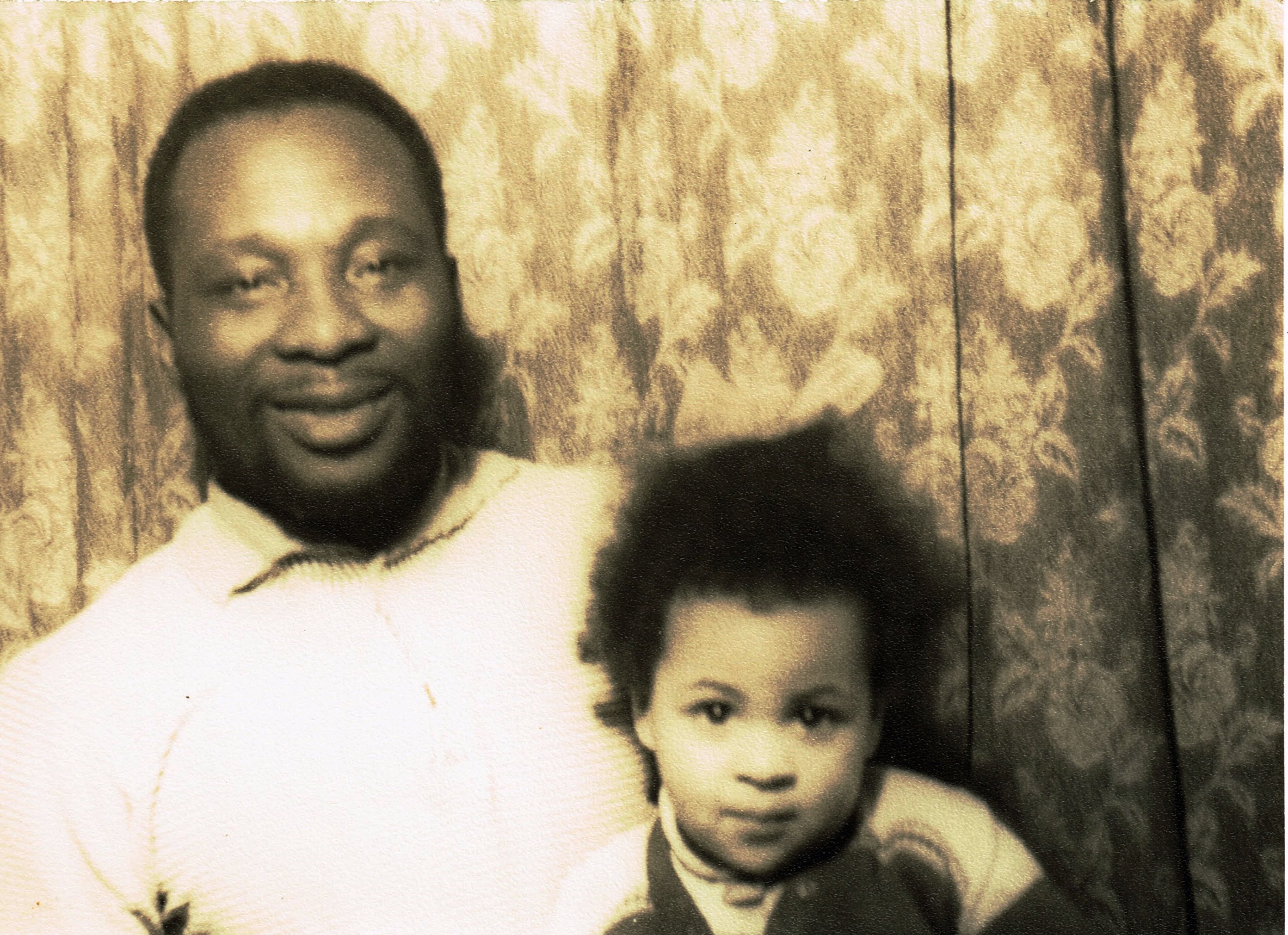 We made the wrong move to come to this country but we had to come here and find that out.
We made the wrong move to come to this country but we had to come here and find that out. -
Olatunde Joseph Moses
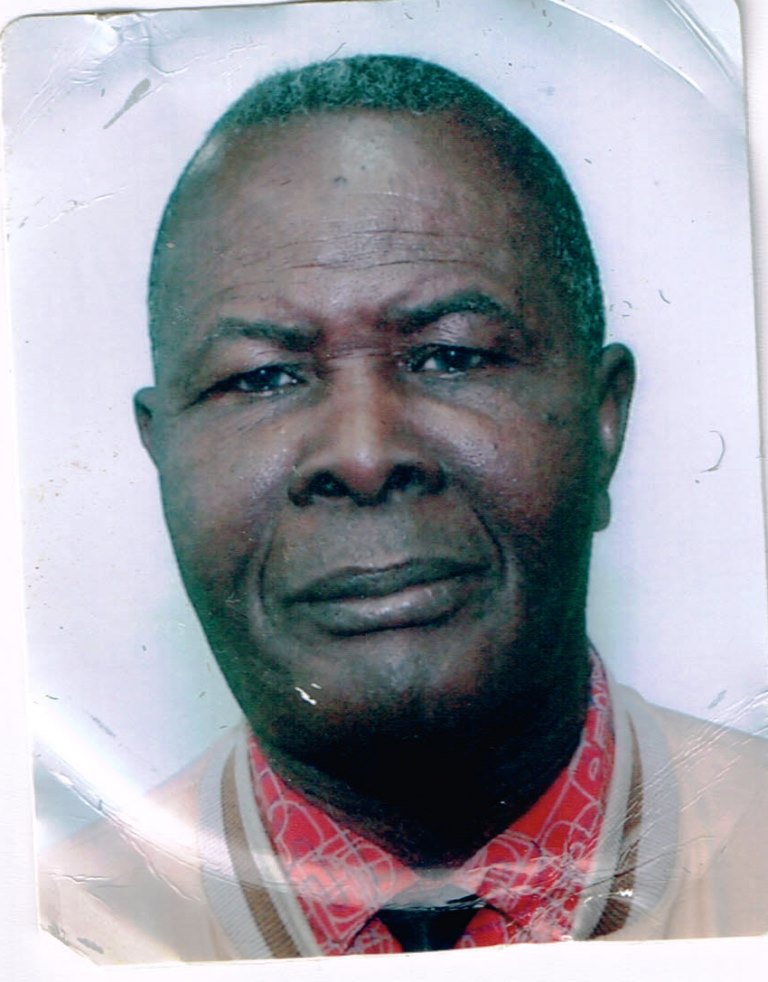 They told us lies to come. Mr Churchill said you don't want to speak German do you? So we volunteered.
They told us lies to come. Mr Churchill said you don't want to speak German do you? So we volunteered. -
Solomon Quarcoopome I
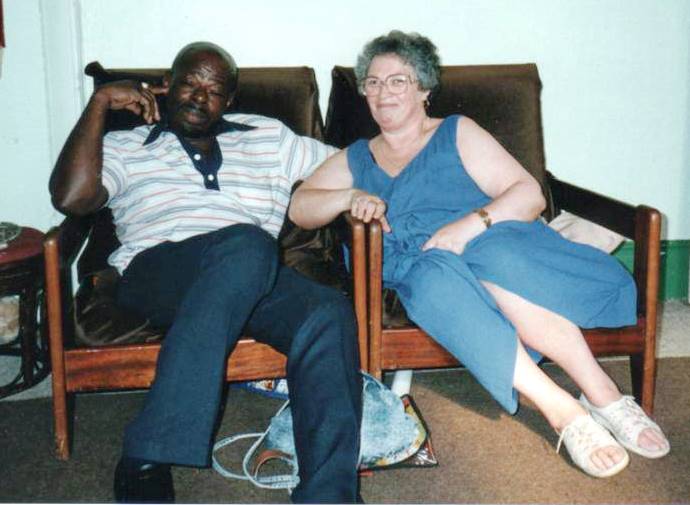 My life is June, Samanda and Susie. And Susie’s kid, Kwame and that is it really, at the moment.
My life is June, Samanda and Susie. And Susie’s kid, Kwame and that is it really, at the moment. -
Sunday Nwagbara
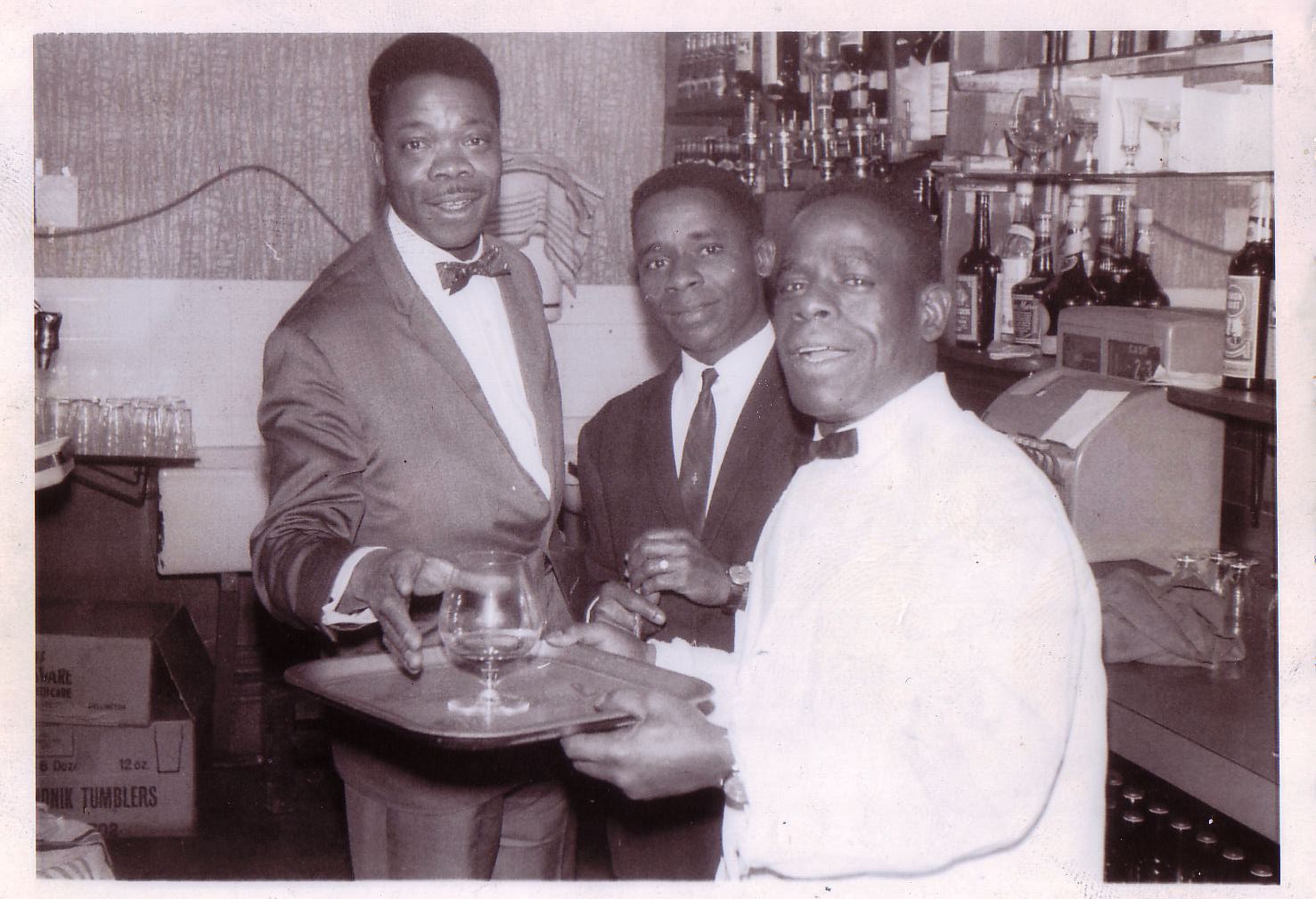 His family was everything we were kept separated from the business.
His family was everything we were kept separated from the business. -
Simon Akintola Fagbore
 They fought like cat and dog my Mum and Dad as people do but they never, never fell out. They did everything together and separately.
They fought like cat and dog my Mum and Dad as people do but they never, never fell out. They did everything together and separately. -
Larty Jacob Ladipo Lawson
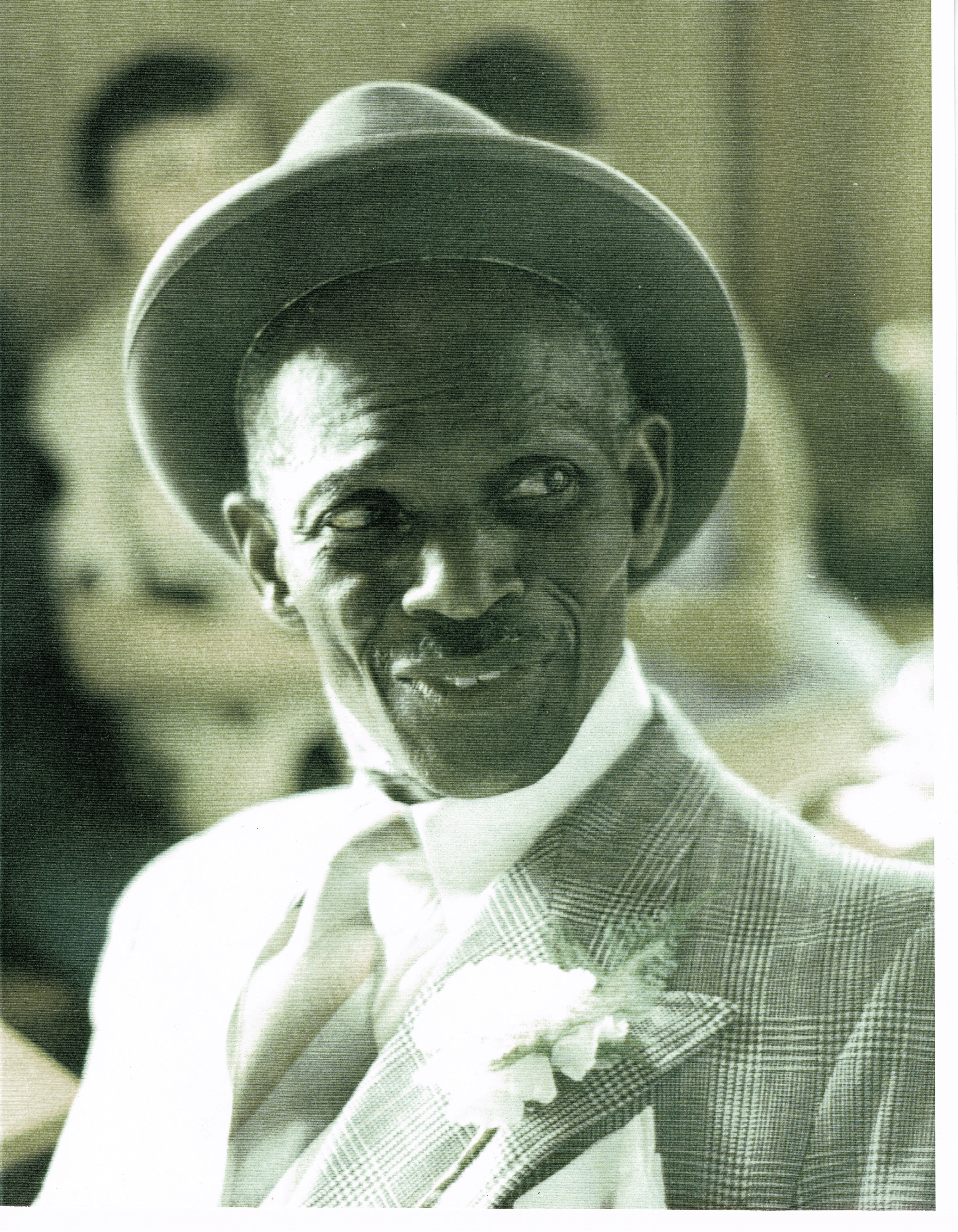 I have got lots of his photographs and all his suits stored in an old flight case that when you open it there is a smell of Papa.
I have got lots of his photographs and all his suits stored in an old flight case that when you open it there is a smell of Papa. -
Abdul Tella
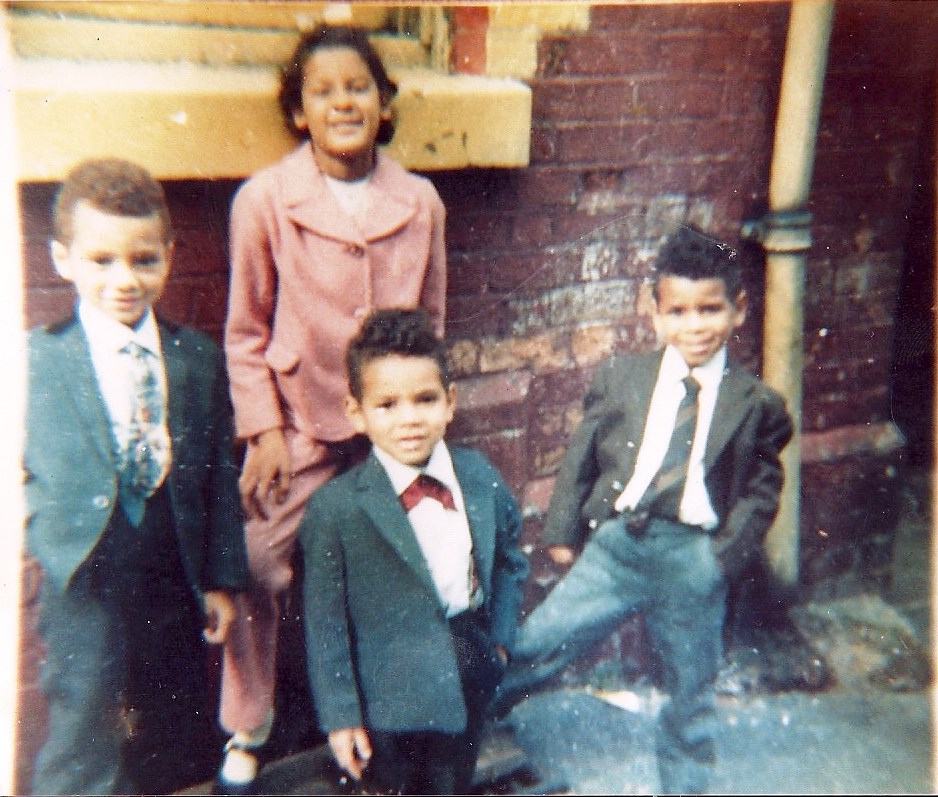 If you go to certain parts of our village and you see my Dad walking, they know him as Oba and they bow down to him but the young people, and these are students they call him 'Baba London' or 'Baba England', because he was the first one to travel the world from his small village.
If you go to certain parts of our village and you see my Dad walking, they know him as Oba and they bow down to him but the young people, and these are students they call him 'Baba London' or 'Baba England', because he was the first one to travel the world from his small village. -
Dr Godwin Aunko Edenma Ikomi
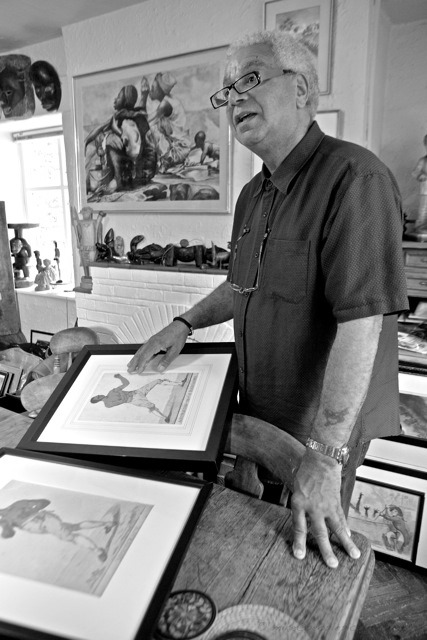 'This is where you are at and this is what it is!'
'This is where you are at and this is what it is!' -
Samuel Olabode Olorunshola
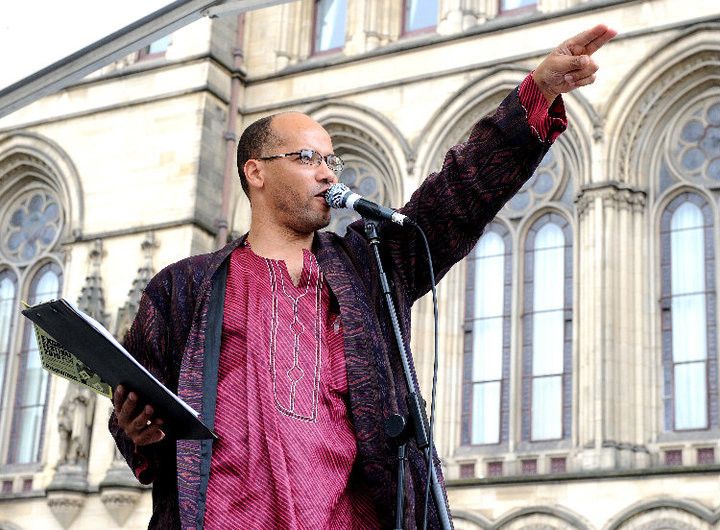 My father said that you shouldn’t dwell in the archives of memory.
My father said that you shouldn’t dwell in the archives of memory. -
Samuel Diden Yalaju Amaye
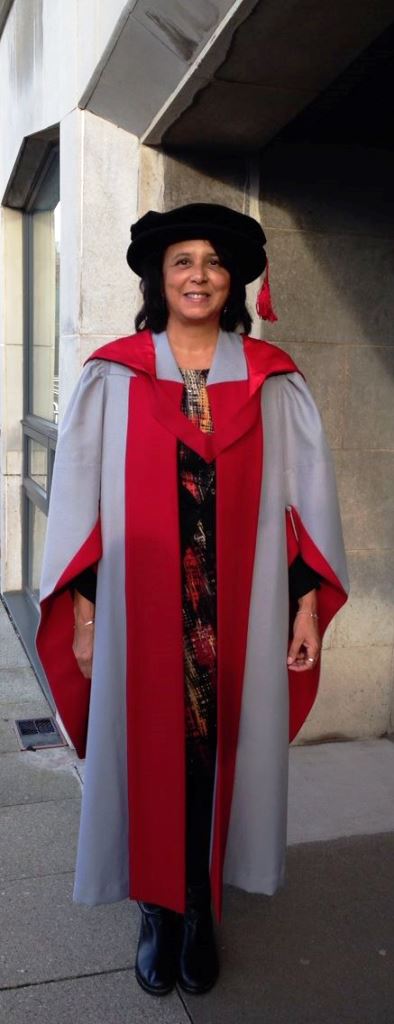 I first met my father in 1996 in Benin City, Nigeria ... ... ultimately I would thank him for acknowledging me and allowing me to be an equal part of the African family.
I first met my father in 1996 in Benin City, Nigeria ... ... ultimately I would thank him for acknowledging me and allowing me to be an equal part of the African family. -
Samuel Okante
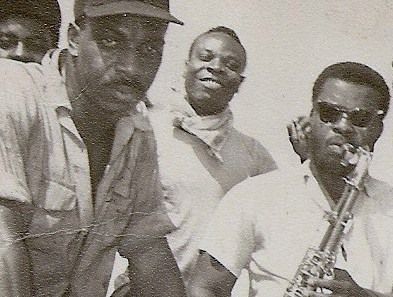 When I came back from Africa, I was African. I was so African, it's not true.... I can't explain it finitely.
When I came back from Africa, I was African. I was so African, it's not true.... I can't explain it finitely. -
Ousman Fassah Saidy
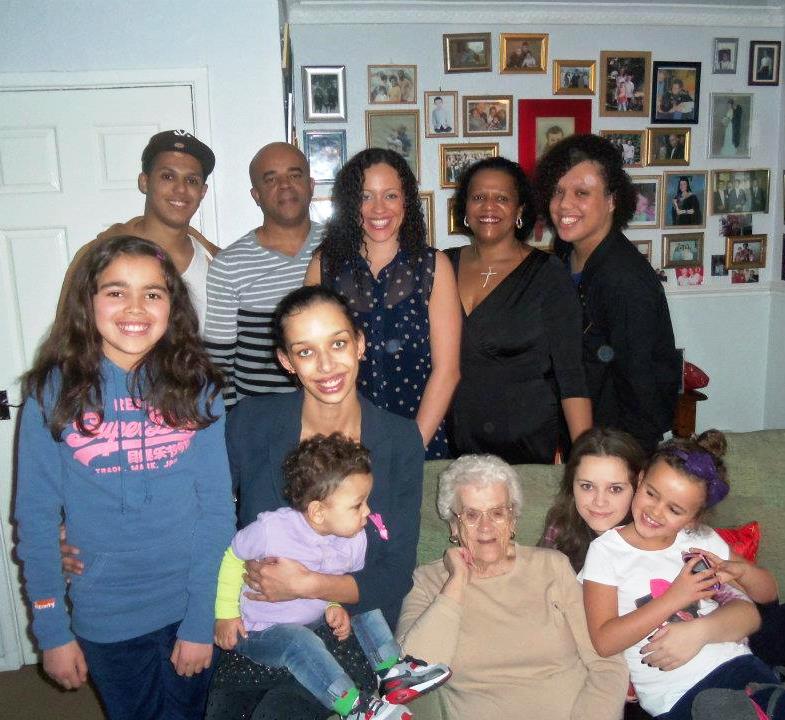 The Saidy family is like a tree there are many branches to it. Ousman Fassah was the root of the tree now there are lots of different branches sprouting out. All the time it is growing.
The Saidy family is like a tree there are many branches to it. Ousman Fassah was the root of the tree now there are lots of different branches sprouting out. All the time it is growing. -
Mba Kalu Agbai
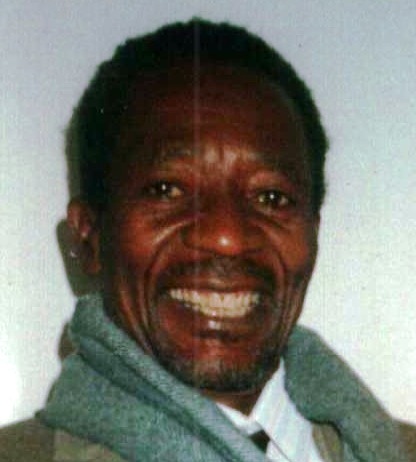 You know when you come from school; you see these gates..... Out there beyond these gates is Manchester – inside this house, this is Nigeria.
You know when you come from school; you see these gates..... Out there beyond these gates is Manchester – inside this house, this is Nigeria. -
Godfrey Toro Akingbad Akinbode
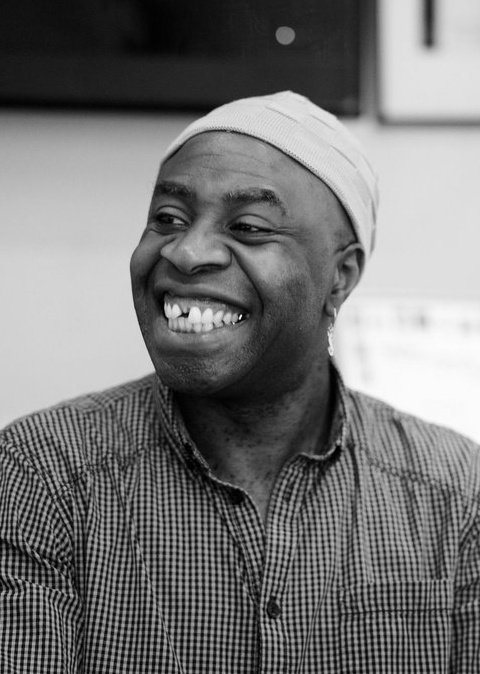 My father died when I was seven from bowel cancer. Memories are a series of snap shots.
My father died when I was seven from bowel cancer. Memories are a series of snap shots. -
Mussa Mohammed Conteh
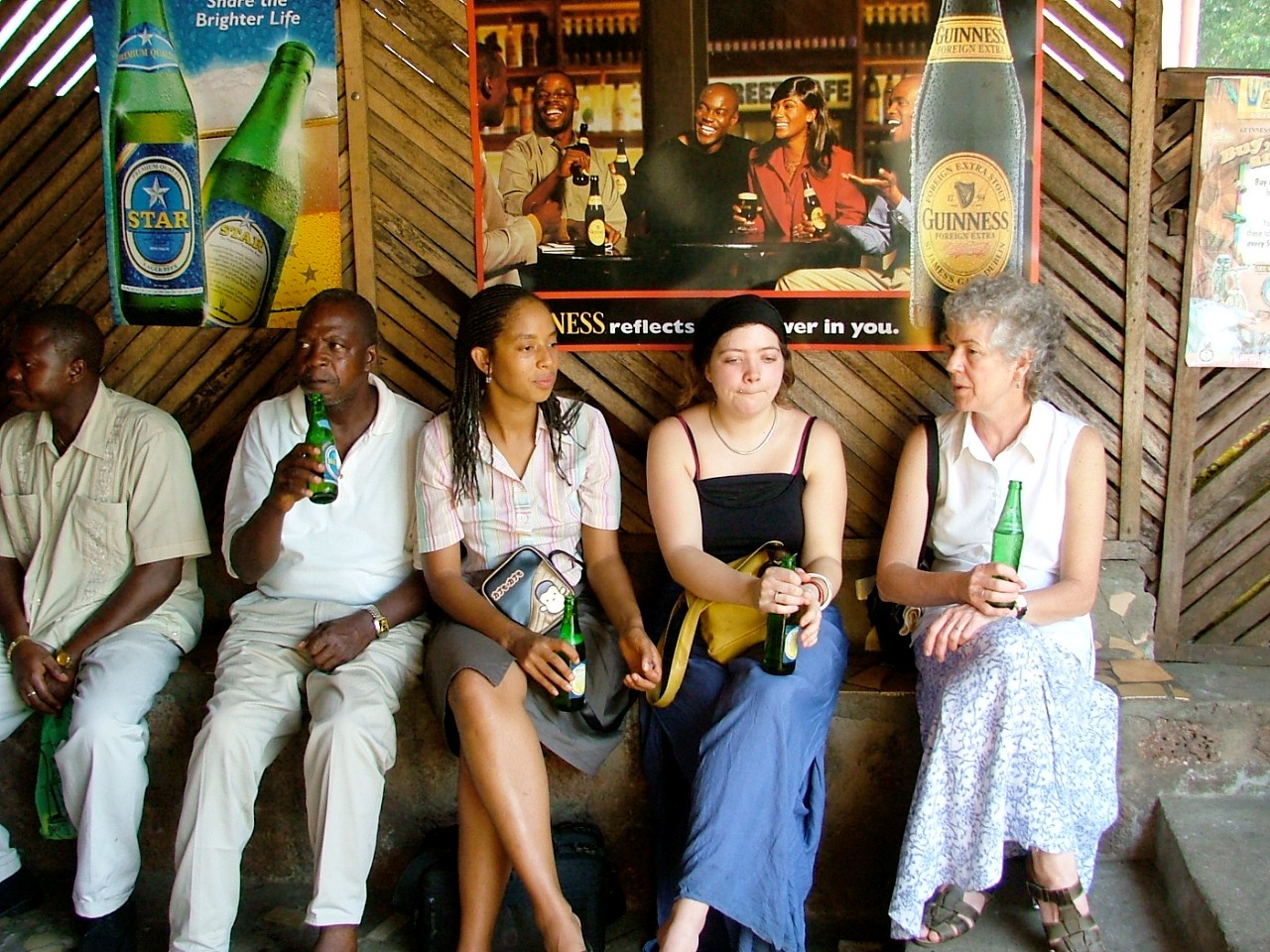 He changed the village. He was a true African.
He changed the village. He was a true African. -
John Thomas Tottoh
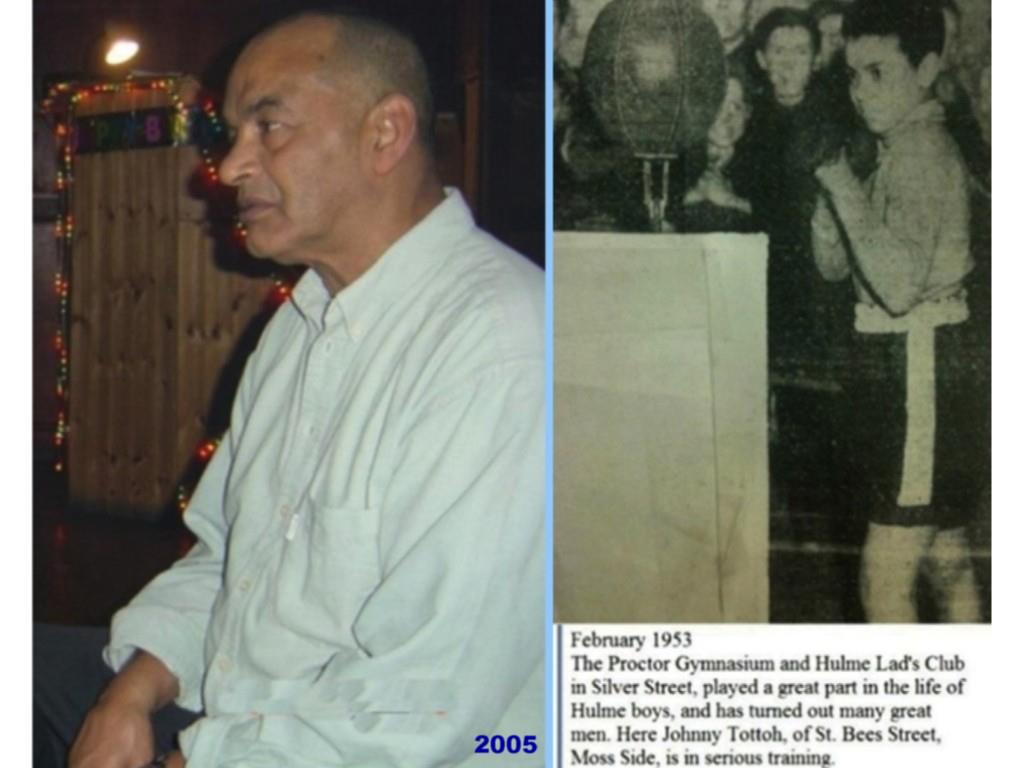 My Dad was very hopeful for his children and he really tried to do the best by his children and he lived for his children.
My Dad was very hopeful for his children and he really tried to do the best by his children and he lived for his children. -
Doreen and Philomena Moses
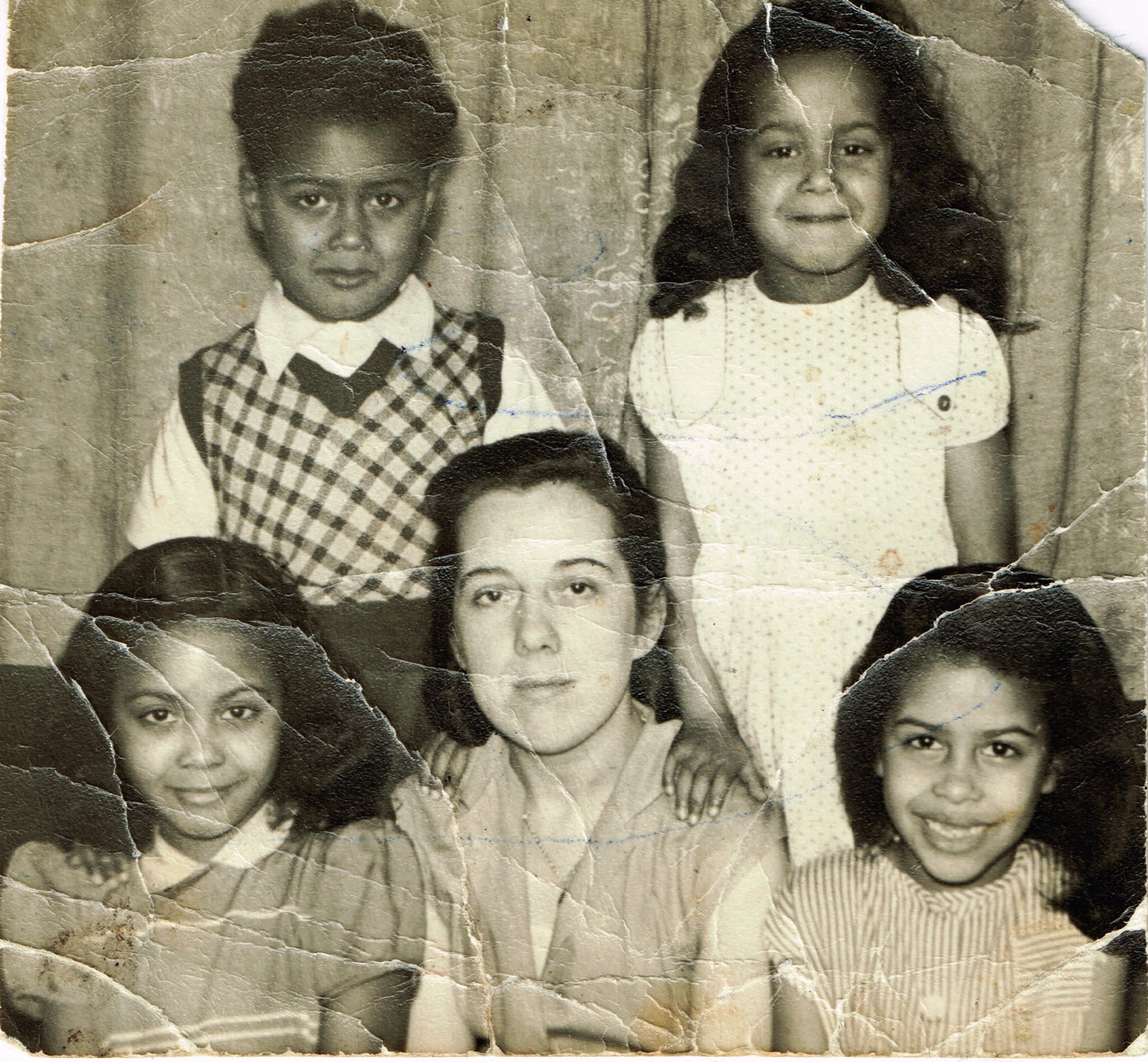 We rode with the hare and ran with the hounds, when we were younger we didn’t see colour.
We rode with the hare and ran with the hounds, when we were younger we didn’t see colour. -
Erinma Bell
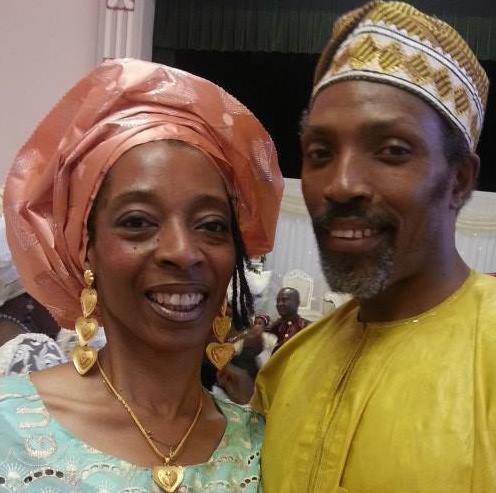 I will always be a Nigerian. If I was born in China I wouldn’t be Chinese, I would still be a Nigerian born in China.
I will always be a Nigerian. If I was born in China I wouldn’t be Chinese, I would still be a Nigerian born in China. -
June Theresa Prouse
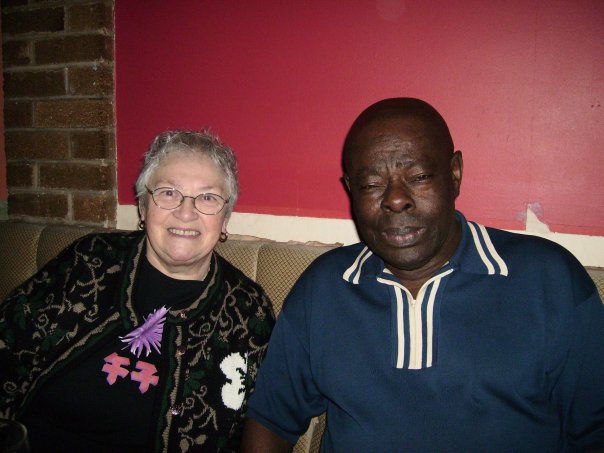 The community was supportive of me.
The community was supportive of me. -
Jonathan Kwaku Mayisi
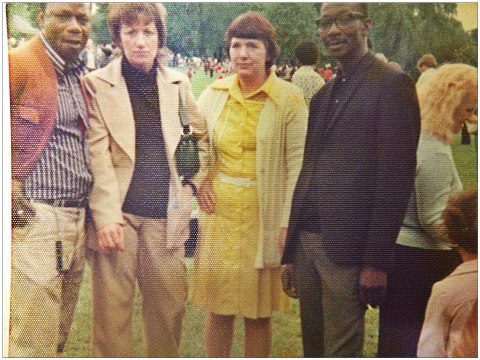 I didn't have any family until my two sisters turned up. People that your dad would say 'these are your cousins' they weren’t real cousins, they were from your Dad's tribe or from the same country. That is how they used to stick together.
I didn't have any family until my two sisters turned up. People that your dad would say 'these are your cousins' they weren’t real cousins, they were from your Dad's tribe or from the same country. That is how they used to stick together. -
Thomas Jabous Andi
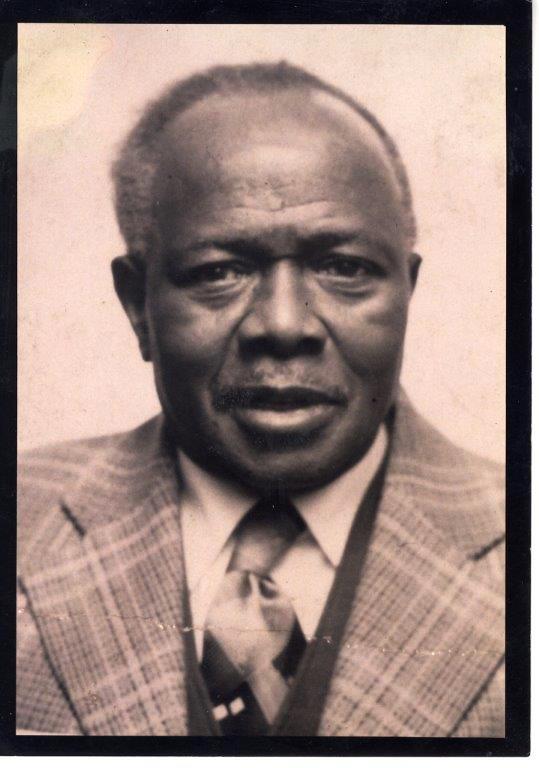 I was never Daddy’s little girl, I was my father’s daughter. I was the core of his life.
I was never Daddy’s little girl, I was my father’s daughter. I was the core of his life. -
Sammy George
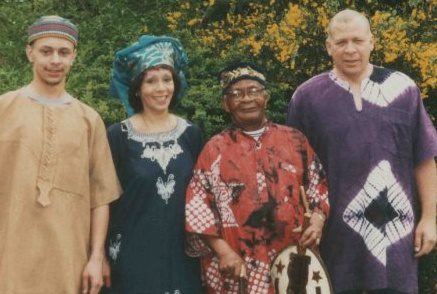 I don't think he had any understanding of how had it was for his kids because we wouldn't go home and say 'Dad we have been beaten up'.
I don't think he had any understanding of how had it was for his kids because we wouldn't go home and say 'Dad we have been beaten up'. -
Dazzy Atta
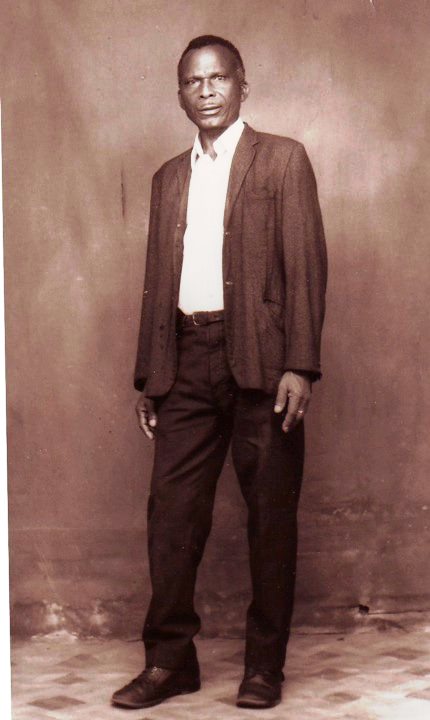 He did the best he could. I think African fathers took their responsibilities very seriously; it was rare to find men who fathered children and then totally disappeared.
He did the best he could. I think African fathers took their responsibilities very seriously; it was rare to find men who fathered children and then totally disappeared. -
Prince Ardaye Ankrah
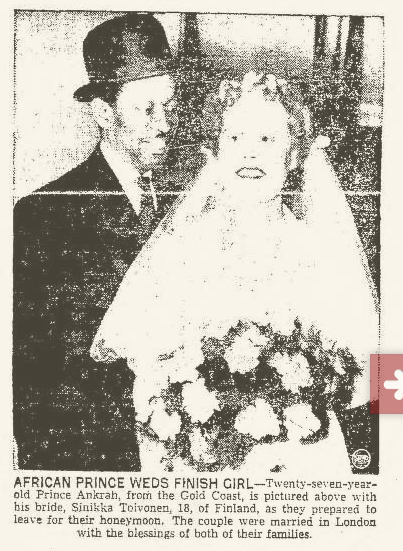 Our family was definitely multi - cultural. It was a melting pot.
Our family was definitely multi - cultural. It was a melting pot. -
Shecku Brown Seisay
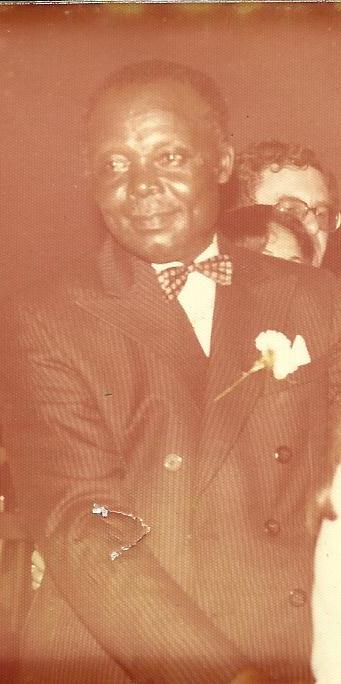 No matter which way you look at it. You walk past a shop window, look at yourself and think 'My god, that's my Dad' and that's it, there is no getting away from that.
No matter which way you look at it. You walk past a shop window, look at yourself and think 'My god, that's my Dad' and that's it, there is no getting away from that. -
Euisbius Abyomi Pereira
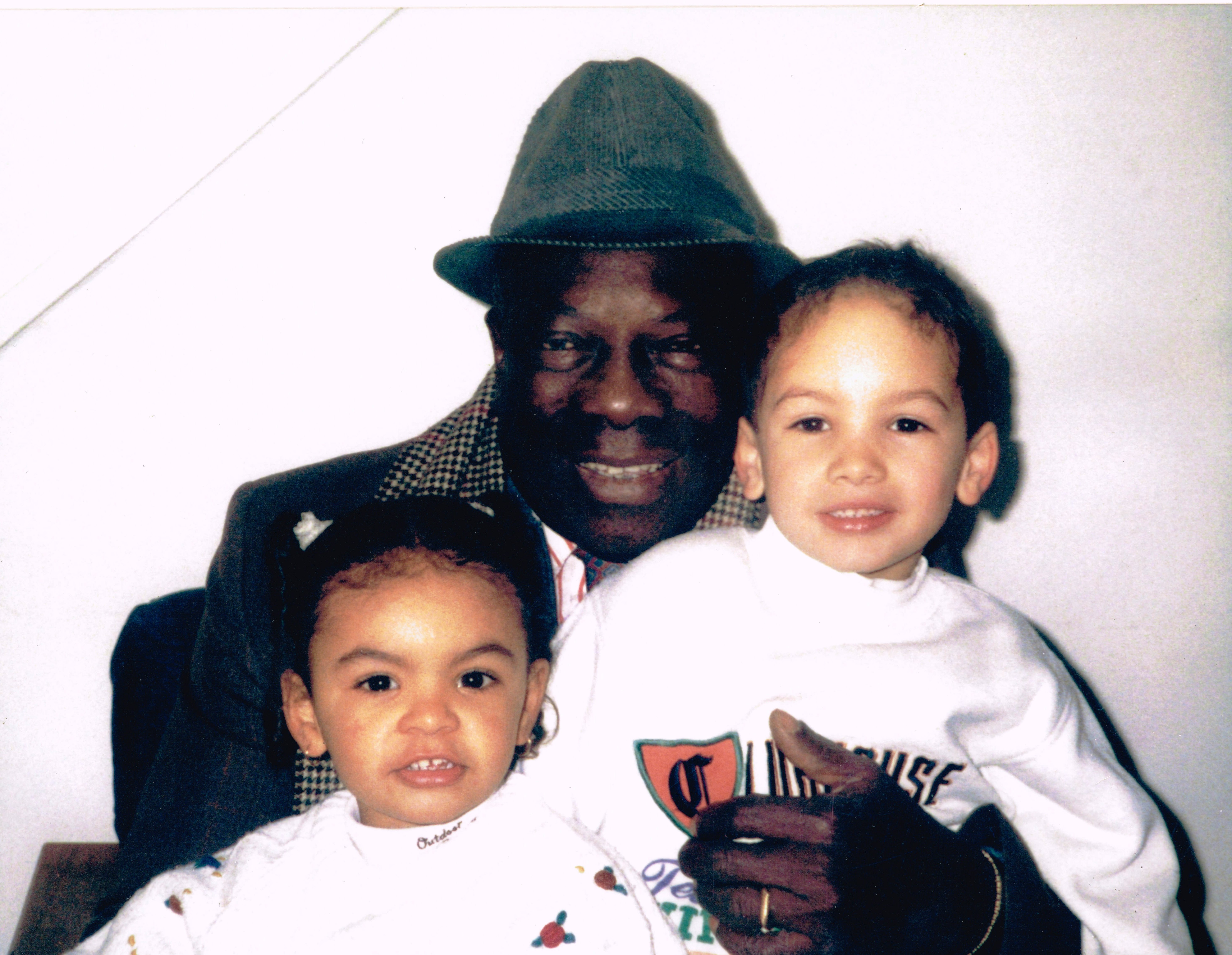 ...this one man who packed his bag one day and came to England from the African continent, he has produced a tribe in England.
...this one man who packed his bag one day and came to England from the African continent, he has produced a tribe in England. -
Secka
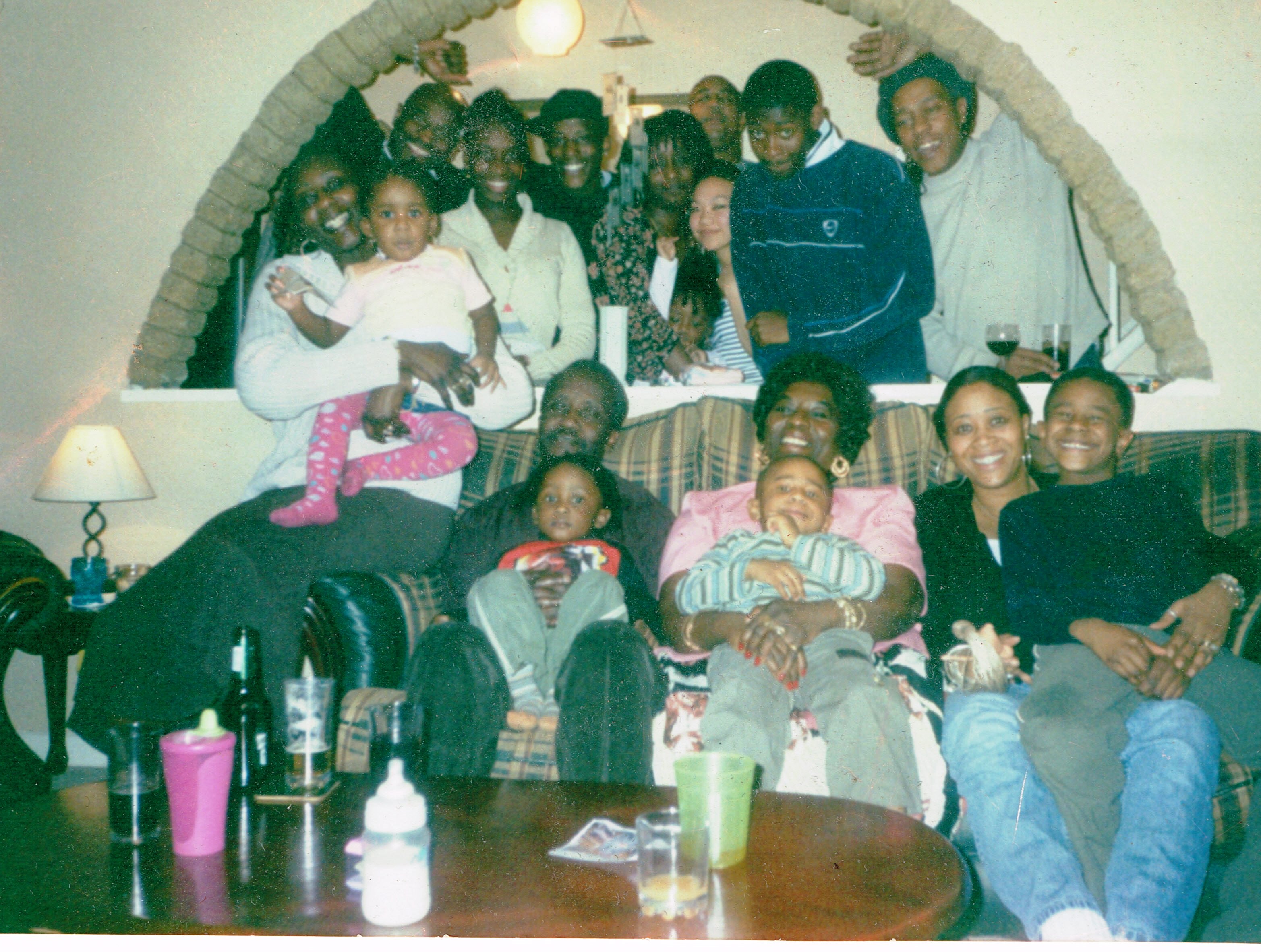
Every picture tells a story. View the photographic exhibition below.
The launch
Afro Solo UK, a 2 year research project into the African diaspora of Greater Manchester from 1925 - 1960. Each life story is an act of remembrance, a celebration and in some cases a reconciliation.
The book
Review by Professor Graham MortAfro Solo UK should be essential reading for anyone interested in the African Diaspora or post-war migration to the UK.
Many stories narrate the frustration of fractured family histories, but there is also huge pride, nostalgia, curiosity and wonderment.
Despite uneasy memories of prejudice and suspicion, there is a prevailing sense of gratitude to those early pioneers; a realisation that what connects us is love, the tenderness and solidarity of human concern.
It is also about hidden lives, sometimes painful, sometimes heart-breaking, always important. The oral histories of relationships across the divides of race and celebrates the ways in which women sustain and support their families over time.
Like all hidden histories, these stories represent living knowledge that can inform future generations and can help us think differently about the experiences of children from interracial relationships.
Centre for Transcultural Writing and Research, Lancaster University, UK
Background on the project
A total of 78 people were initially approached. Resulting in 39 published life story chapters.
They gave their family histories, photographs, their own life stories to help create this important and unique archive.
A cultural and community history based around the lives of Africans in Greater Manchester from the 1920s to the 1960s...
Afro Solo UK might never have happened had Leslie Johnson not donated a collection of photographs to AIURR. The collection included family snaps, studio portraits and street photographs of the family and friends of Leslie’s parents, Jide and Renee Johnson. What made them special was that they were a visual record of Africans in Manchester in the 1940s. A community that had fallen beneath public awareness as increasingly the “Windrush” has become the timeline for Black communities in the UK.
AIURRRC set the photographs as an exhibition showing it in local libraries and sharing it with African community groups. The photos generated huge interest, stirring up memories and re-capturing the names of numerous people featured.
Leslie was delighted with this response: “It is great to know that some of my old family photos created so much interest, and memories for others to enjoy. I am sure my parents are looking down on me amazed that their pictures, from the bottom drawer of the sideboard could ever have been of interest to anybody else! It feels right to give these memories back, so that the Now and Future may understand.”
Leslie’s photographs form the foundations of the Afro Solo UK research of images and memories of the oft-forgotten African community in Manchester.
ASUK is dedicated to West African Jide (Jimmy) and his Mancunian wife Renee who married in 1947 and raised their family in Hulme, Moss Side and Wythenshawe before they both passed away in 1981
Jackie Ould, AIURR.
Afro Solo UK Steering Group Dr Hakim Adi, BA Hons., PhD Dinesh Allirajah, Chair of Trustees NBAA Burjor Avari MMU Honorary Research Fellow Jackie Ould, AIURRRC Paul Okojie MMU, Senior Lecturer in Law Rebecca Asgill, Community Activist
Send us feedback
Do you have any feedback about the book, the launch, or the project as a whole? Please let us know with the following form.